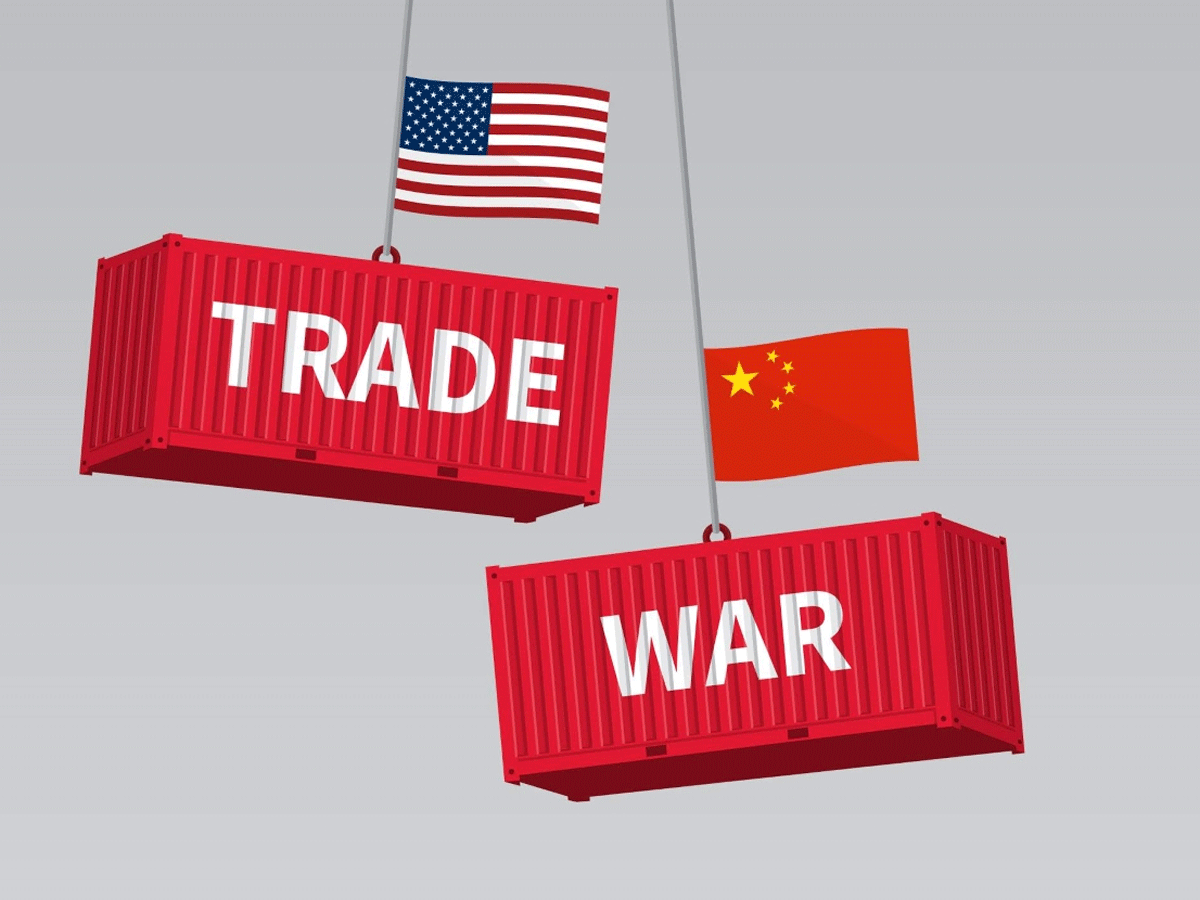4182
0
The US will maintain its economic leadership for another 50 years
The US will maintain its economic leadership for another 50 years, says the economist. China is catching up.

Yazar: Tom Roberts
Yayınlanma: 5 Nisan 2021 00:17
Güncellenme: 3 Mart 2026 12:08
The US will maintain its economic leadership for another 50 years
"I think it's very unlikely that China will reach the level of the US in GDP per capita, which is our measure of wealth, in the next 50 years, if at all," Baptist said. Gross domestic product (GDP) per capita measures the performance of the economy per capita and is a measure of prosperity. The International Monetary Fund (IMF) estimates that GDP per capita in China last year was $ 10,582.1. It was thus only about one-sixth of the GDP per capita in the USA, where it amounted to 63,051.4 US dollars. According to Baptist, the Chinese economy could surpass the US in nominal dollar terms and become the largest around 2032. "Earlier estimates spoke of 2034, but due to the pandemic, the term has been moved to an earlier one," Baptist said. The Chinese economy has recovered rapidly from the coronavirus crisis and became the only major economy to grow by 2.3 percent last year. By contrast, the United States' GDP fell 3.5 percent, according to the U.S. Office of Economic Analysis. The US economy "will eventually become smaller just because China's population is much larger," Baptist said. In fact, according to him, it does not mean anything extraordinary when the dollar value of GDP is exceeded, but it is a bit of a milestone. According to Baptist, China will become another major power on the global stage besides the United States. Which of the two will be stronger depends on where they will have their power. "I think it will be difficult for the USA to remain the most powerful country in Asia after 2030, but for a long time they will remain at about the same level," he added. But Baptist is more conservative in his estimate than economist Helen Qua. Last month, CNBC said China would beat the United States sometime between 2027 and 2028. Asia has become an important hub in the power struggle between the United States and China. Beijing expanded its economic and political influence in the region as the United States, led by former President Donald Trump, appeared to be withdrawing from the region. By contrast, new President Joe Biden has made Asia a priority of his foreign policy. He hired several prominent experts in Asia to join his government, and in one of his first foreign engagements as president, he virtually met the leaders of Japan, India and Australia. But it does not look to improve relations between China and the US under the leadership of the Biden government. The recent first high-level meeting between the two countries was marked at the outset by an exchange of insults. Last week, the United States and some Western allies imposed sanctions on Chinese officials for human rights abuses in Xinjiang, China. At his first official news conference after taking office, Biden said he would not allow China to become a global leader.İLGİLİ HABERLER





European stocks soared and focus shifted to German retail sales after Powell's speech!

Forex Signal For TRY/USD: Inflation Slowdown in November.

Forex Signal For GBP/USD: Bullish Trend Still Not Breaking While Recovery Continues.

Forex Signal For EUR/USD: Starry US Data Points to Higher Fed Increases.

Forex Signal For BTC/USD: Downside Continues as Bitcoin Recovery Moves Less.
En Popüler Haberler
Yorum Yap
Yorumlar
Henüz yorum yapan yok! İlk yorumu siz yapın...